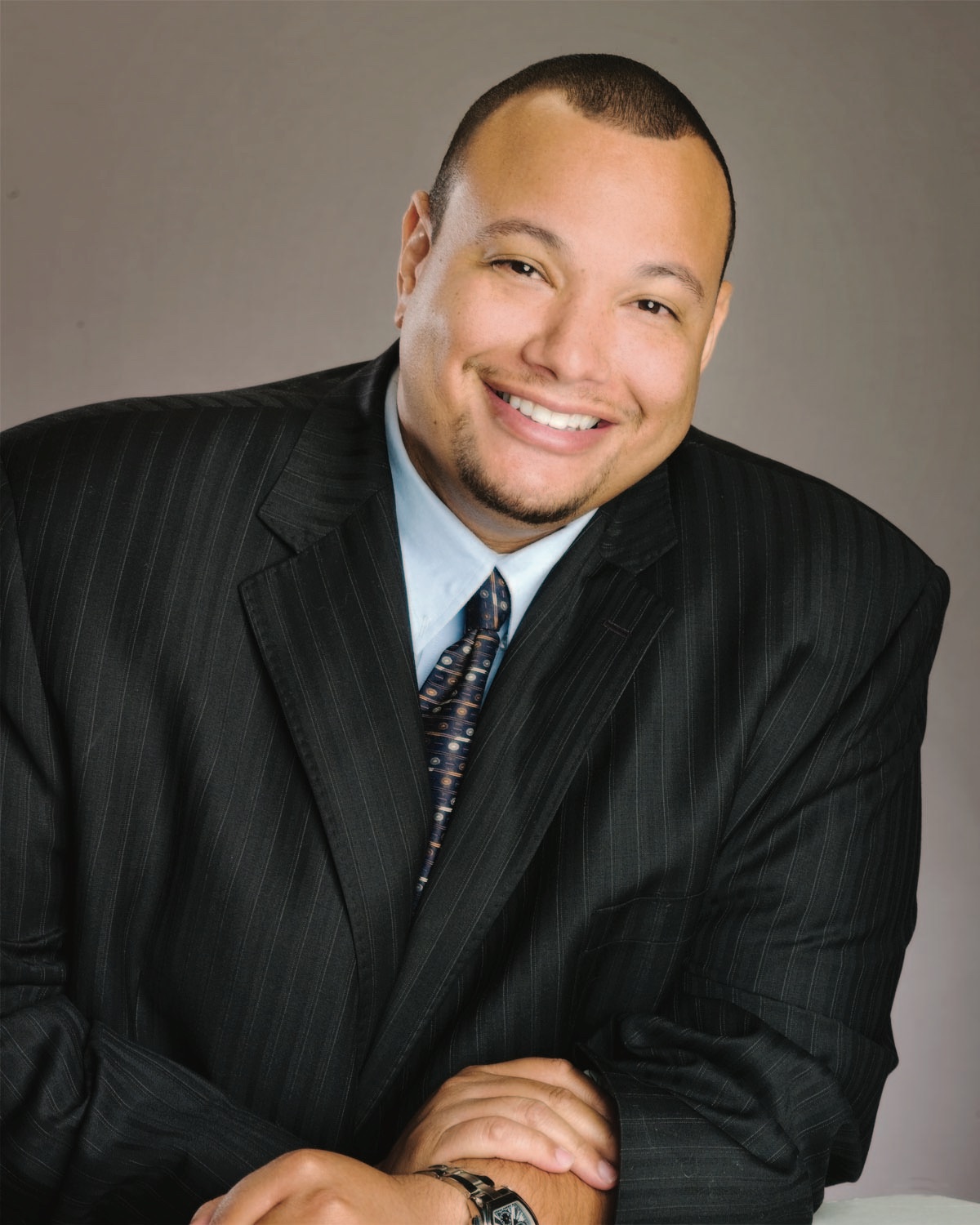April 14, 2005 | Chicago Sun-Times (IL)
There can be no question that John R. Bolton, President Bush’s nominee to serve as ambassador to the United Nations and the current undersecretary for arms control and international security, has a distinguished public service record. He is intelligent, disciplined and well-suited to advocate for American interests in the U.N.
At a time when the U.N. is rife with scandal including the oil-for-food scam, allegations of sexual exploitation by its peacekeepers in the Democratic Republic of Congo and multiple claims of sexual harassment of senior officials — Bolton may be the right person to help clean up the troubled organization. The United States needs a “hawk” in the U.N. to ensure that our $3 billion in annual contributions are not squandered.
Notwithstanding that, Bolton’s foreign affairs philosophy, as expressed in public declarations and writings, and alleged bullish demeanor toward subordinates raise several questions about his suitability for the position.
The U.N. was borne out of the horrors of World War II. It is an international organization composed of 191 states founded on the recognition of the importance of the international rule of law. International law comprises rules that govern and regulate the behavior of states and international actors in relations, transactions and problems that transcend national boundaries.
According to the U.N. Charter, central purposes of the U.N. are to maintain international peace and security, preserve the international rule of law, develop friendly relations among nations, strengthen universal peace, achieve international cooperation in solving international problems of an economic, social, cultural, or humanitarian character, promote and encourage respect for human rights and fundamental freedoms for all, and harmonize the actions of nations in the attainment of these common ends.
The U.S. ambassador to the U.N. must take a leadership role in helping the organization realize these objectives and understand the importance of the sanctity of the international rule of law in international relations. He should consider the U.N. as more than an instrument of U.S. foreign policy, but rather an instrument for improving the health and welfare of peoples and nations.
As a professor of international law and policy, I believe Bolton’s nomination is problematic not because he lacks the qualifications for the job, but because he is an anti-U.N. ideologue and so- called loose cannon. Rumors of his abuse of subordinates and bullish managerial style are well known.
His arguable willingness to out superiors may also present a problem. For example, Bolton criticized the decision of his former boss, George H. W. Bush, in 1991-1992 to “judicialize” the Pan Am 103 matter rather than to use military force, arguing that it was tantamount to treating the Libyan act of terror like a domestic murder case. Bolton also characterized the Clinton administration’s policy of humanitarian intervention to justify military operations to thwart ethnic cleansing or potential genocide as treacherous and a type of “high-minded morality” . . . “susceptible to cynical manipulation, as Hitler might have done to justify intervention to protect Sudetan Germans from mistreatment in Czechoslovakia.” Such statements leave one wondering whether Bolton is a bit unbolted.
Bolton’s public declarations and writings go beyond mere rhetoric and at times into the realm of the ideologically bizarre and irresponsible. Throughout his career, Bolton has made outrageous pronouncements about the U.N. and the status of international law claiming that the U.N. does not, in effect, exist; that the U.N. Charter is simply a political deal; that international law is not law, but a series of political and moral arrangements and that anything else is simply theology and superstition masquerading as law; that treaties such as the Genocide and Torture conventions are not “legally binding internationally, and certainly not as law themselves.”
Although Bolton’s perspectives on U.S. foreign policy and international law are painful to read and even more difficult to listen to, he is no slouch. While some have perhaps correctly characterized him as a serial abuser and dangerous ideologue, character flaws aside, he may prove to be the right antidote for a sick U.N.
While I object to Bolton’s candidacy because of his rudimentary and generally distasteful perspectives on foreign affairs, I would not underestimate him. Stay tuned for the sequel: “Bolton Unbolted II.”

